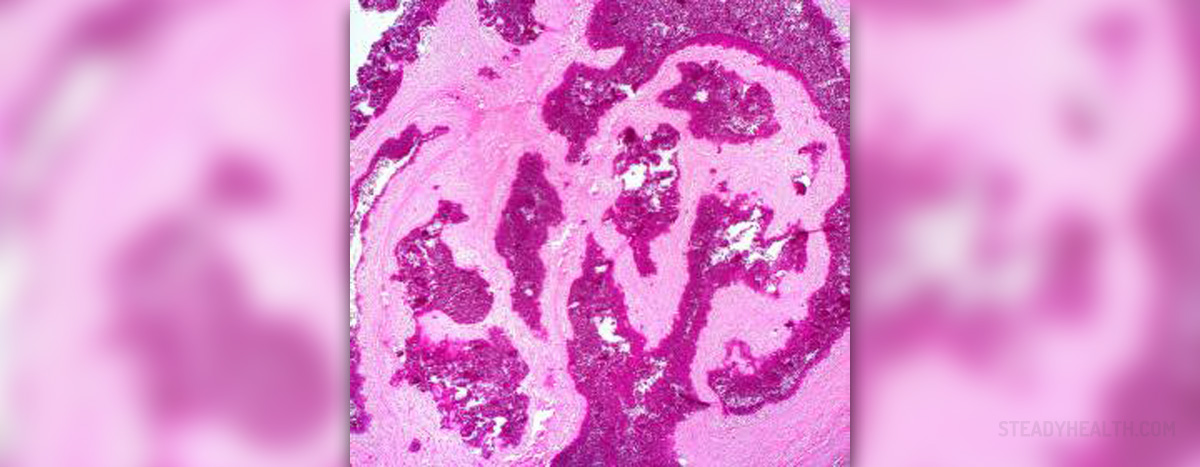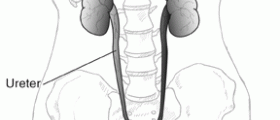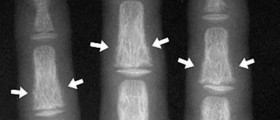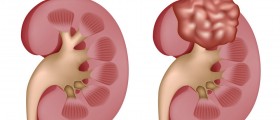
Renal Failure
Renal failure is a medical condition in which the kidneys are not capable of excreting and elimination of water and other substances. This consequently leads to accumulation of these products in the body and to serious complications. Kidneys are also in charge with regulation of blood pressure and balance of electrolytes.
A variety of diseases can lead to kidney failure. Kidney failure can be acute or chronic. In both cases, the suitable treatment is dialysis, either peritoneal or hemodyalisis. Acute kidney failure is usually caused by huge blood loss, dehydration or heart attack. Chronic kidney failure develops gradually and goes through several stages. It can be caused by a variety of kidney diseases. Dialysis is an artificial way of elimination of toxins and excess of water from the body and is applied in terminal stage of renal failure.
Renal Failure Stages
The intensity of renal failure is determined by Glomerular Filtration Rate (GFR). Normal Glomerular Filtration Rate in healthy people is approximately 90mL per minute or more and this value also refers to stage 1 of the disease. The value of Glomerular Filtration Rate reduces in each of the following stages of the disease. In stage 2 it ranges from 60 to 89 mL /min. In stage 3 GFR ranges from 30 to 59 mL/min. In stage 4, 15 to 29 mL /min and finally, in stage 5 it is way below 15 mL/min. The terminal stage requires dialysis. Stage 1 of Renal FailureThis stage of the disease features with small changes in kidney function. They are actually an introduction to the disease. The abnormalities of the kidney tissue can be only confirmed by pathohistological examination of the biopted kidney. The treatment of this stage is excellent and there are numerous medications which can enhance the function of the kidneys. The patient needs to take care of the blood pressure and is due to report any change which may point to progression of the disease.Stage 2 of Renal FailureGFR is moderately reduced and the doctor requires additional blood and urine tests as well as imaging studies which will identify further damage of the kidneys.Stage 3 of Renal FailureThis stage can be additionally divided into 2 sub-stages, 3A and 3B, according to the value of GFR. 3B stage is more severe and the patient is further examined and treated in order to prevent further reduction in function of the kidneys. Stage 4 of Renal FailureThis stage features with rather low level of GFR which indicates the onset of terminal kidney failure. Improper function of kidneys starts to affect other organs in the body and the patient's health in general deteriorates. The patients in stage 4 require dialysis.Stage 5 of Renal FailureIn this stage the function of the kidneys is completely ruined. The only option for patients in this stage is either dialysis or kidney transplantation.

















Your thoughts on this
Loading...